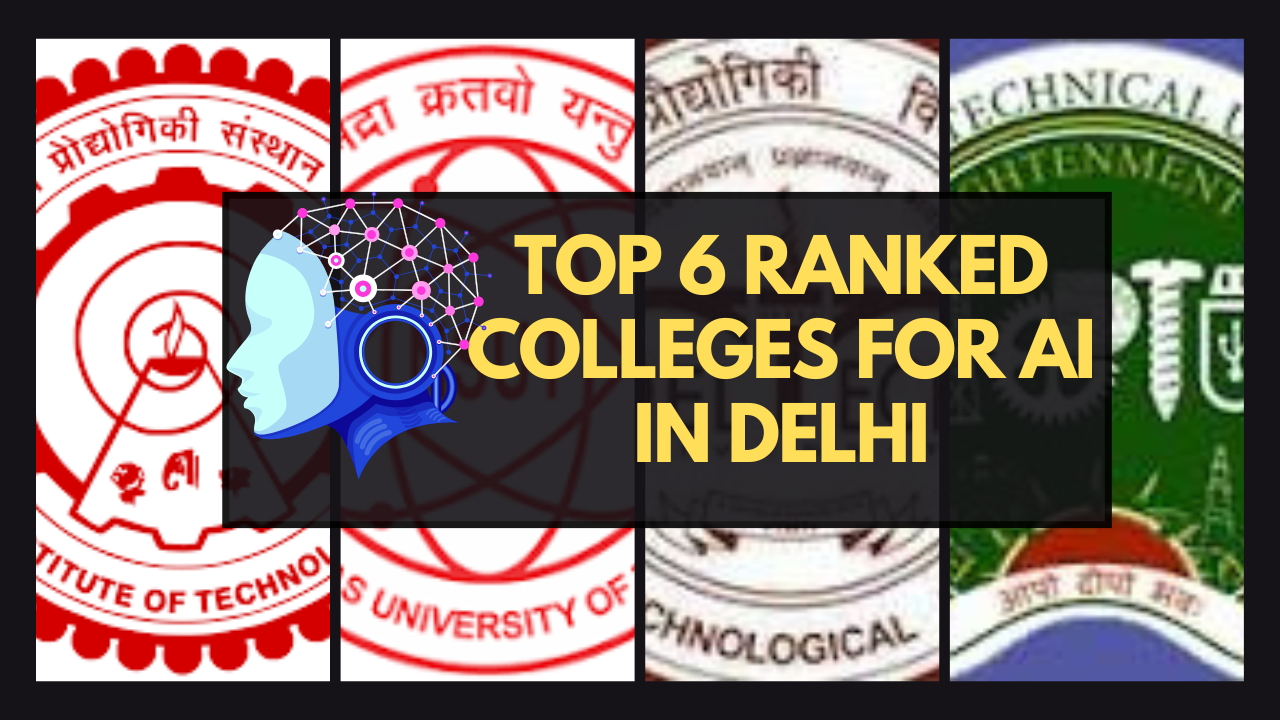Taranum
Get Real Experts on your side
Before venturing to seek career counseling, answer a few basic questions so we can connect you with our best expert counselor for personalised guidance and mentorship.




Taranum
08/07/2025
Hey future mathematicians!
Suppose you have a passion for computers and mathematics, and love to work with large amounts of data. In that case, a highly paid position is available for you, specifically as a data scientist. There is a great demand for data scientists, as a massive amount of data is being stored in the cloud and needs to be protected from theft or hacking.
Additionally, as you are already aware, in the era of rapidly evolving technology, where everything is digitized, there is a significant demand for data scientists in 2025 to extract valuable information from vast amounts of data.
So, if you are good at solving mysteries, finding patterns, predicting outcomes, and providing productive results, then your position is well-suited for a data scientist.
However, you may be confused or unsure about where to start your journey as a data scientist, so don't worry; we're here to help you through our blog. This blog will provide you with a comprehensive roadmap to become a data scientist, covering eligibility, career, salary, types of degrees, the role of a data scientist, and everything you need to know before starting this journey. So, let's take your flight to a very high-paying, in-demand, and trending job of 2025.
Who is a Data Scientist?
Before proceeding, let me first explain what a data scientist is and how they can help in creating a clear understanding of the job roles and duties before entering the world of patterns, numbers, logic, and algorithms.
A data scientist is an analytics professional who manages a large dataset to extract relevant or essential information using various tools and interpreting methods.
Data scientist duties include not only technical but also traditional jobs, such as mathematician, scientist, statistician, and computer programmer, among many others. To become a data scientist, one should be proficient in advanced analytics techniques, including machine learning and predictive modeling, as well as the application of various scientific principles.
There is a very high demand for data scientists in business and e-commerce, where they can help to generate insights into customer behavior. It can be achieved by analyzing customer needs, requirements, and market trends using various data analysis methods, such as testing hypotheses and implementing targeted interventions.
Undergraduate Programs | Post Graduate Programs |
Steps to become a Data Scientist
After learning fascinating facts about data science, you may be curious about becoming a data scientist, but you're unsure where to start your journey. So, below we have laid out some of the steps to become a data scientist:
1. Get an Undergraduate or Postgraduate degree from a recognized University.
As such, there is no fixed requirement or eligibility to become a data scientist, but holding a professional degree from a recognized university can give you more preference. You can have either a postgraduate or undergraduate degree in any of the following subjects: data science, mathematics, statistics, or a computer-related field. A candidate with a degree can have a deeper understanding of the subject.
2. Enhance your Data Scientist Skills
Owing only a degree is not acceptable in this increasingly advanced world of technology, so enhancing your data scientist skills in areas such as artificial intelligence, machine learning, or database management can set you apart from other candidates in this competitive environment.
3. Build a pleasing, attractive Portfolio
Another important thing that can help you become a data scientist is creating an attractive and compelling portfolio that showcases your best projects and relevant work. You may also include working with GitHub and website hosting services, among other things.
4. Get an Additional Recognized Certification
Another good impact that data scientists can provide is obtaining certifications in data science, such as CAP, SAS, and many other essential certifications.
5. Prepare for both technical & communication Interviews
The process is not ended now, as the major hurdle in getting a job is how you prepare for a job interview. Therefore, you must be ready for a job interview that often requires a combination of both technical and soft skills. It may include coding practices, whiteboard sessions, homework, and mock interview exercises. It can also be done with various online study tools or mock interviews that prepare you for the corporate world.
6. Apply on various Job Portals
After completing the above steps, the final step is to apply for data scientist positions on various job portals or applications. So, look for companies or organizations that are searching for data scientist jobs. You can also reach out to your college network or current employee working to get more information about the application process & culture.
List of degrees required to become a Data Scientist
If you are an aspirant & want to become a data scientist, then you can opt for one of the following degrees given below:

Career & Job Salary of a Data Scientist
To become a data scientist, there are endless opportunities available in this digital revolution. A data scientist can earn a high salary in every job role. Below, we outline some career options you can pursue after becoming a data scientist.
1. Data Scientists
The role of a data scientist in an organization is to analyze large datasets to extract meaningful insights. It can be achieved by utilizing various analytical, predictive models, and machine learning methods. It can help in taking effective and well-informed decisions after analyzing a large set of data. Additionally, the minimum salary of a data scientist ranges from 85,000 to 1,70,000; the salary increases with experience.
2. Data Architect
Data architecture is used to design, create, and build software by a company's data infrastructure. In developing the project, the architect employs data collection and security measures to ensure the project's integrity and reliability. A data architect's primary role is to create designs that ensure data flows efficiently, with a typical salary range of $120,000 to $200,000 in large enterprises, often in a senior analyst or lead analyst capacity.
3. Data Analyst
So, there is confusion between the terms ' data scientist' and 'data analyst', as both roles are similar. A data analyst is responsible for cleaning, analyzing, and interpreting data sets to identify relevant trends and patterns that can provide well-informed decisions. Data analysts mostly use tools such as QL, Excel, Power BI, and Tableau for these purposes. The salary may range from 60,000 to 20,00,000, depending on the company and years of experience.
4. Business Analyst
A business analyst's primary focus is to analyze past or previous data sets to find solutions for a company's current needs. Its primary purpose is to analyze the business trends, processes, and prepare relevant business strategies or improvements. The average salary of a business analyst may range from $ 70,000 to $200,000, with a primary focus on business.
Final Thought
So far, we have discussed the importance of data science as a highly demanded career option in 2025, which can take your career to new heights in the future. By opting for this job profile, you can build a robust portfolio to become a valuable team member.
We have discussed that there are numerous career options available after becoming a data scientist, not just in corporate settings but also in government, as every business requires data analysts or engineers to manage large amounts of data effectively.
If you have made up your mind to become a data scientist and don't know where to start, then connect with our education counselor, who can provide you with good direction on which course you should take according to your current position. You can become a data scientist with either a bachelor's or master's degree in mathematics or a computer science background.
Additionally, if you don't have time to attend regular college, you can consider GCETL's flexible degree programs, which can help you manage your other commitments while earning a degree.









.jpg)


.jpg)




.png)







.png)

.png)




.png)

.png)
.png)



.png)

.png)


.png)

.png)


.png)

.png)

.png)
.png)

 (1).png)



.png)

.png)
.png)


.png)


.png)


.png)

.png)







.png)





.png)


.png)














.png)













.png)




.jpg)






.png)




.png)


.png)
.png)
.png)
.jpg)



.png)


.png)
.png)
.png)



.png)











.png)
.png)



.png)


.png)
.png)


.jpg)







.jpg)









.jpg)





.png)


.jpg)



Before venturing to seek career counseling, answer a few basic questions so we can connect you with our best expert counselor for personalised guidance and mentorship.
